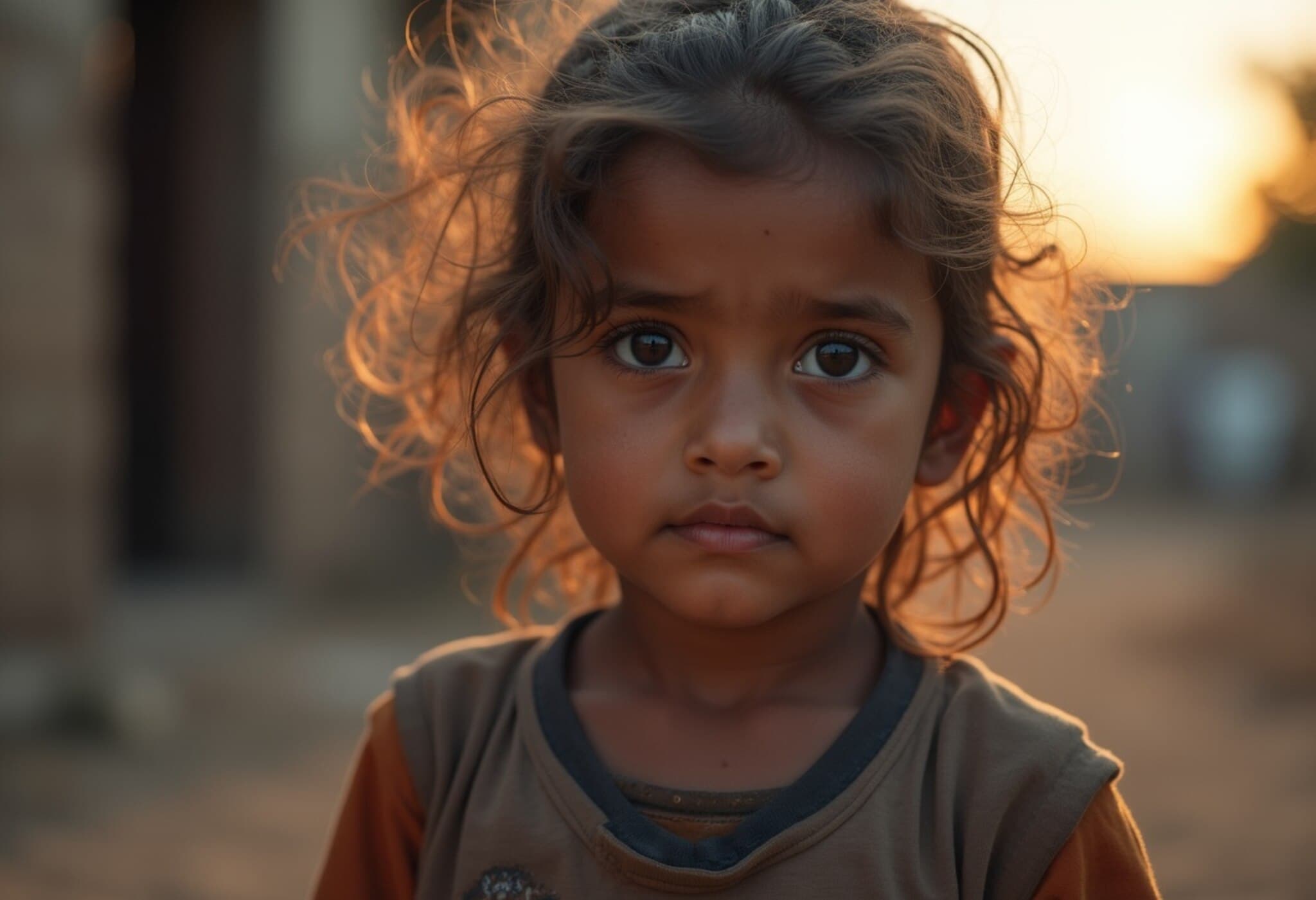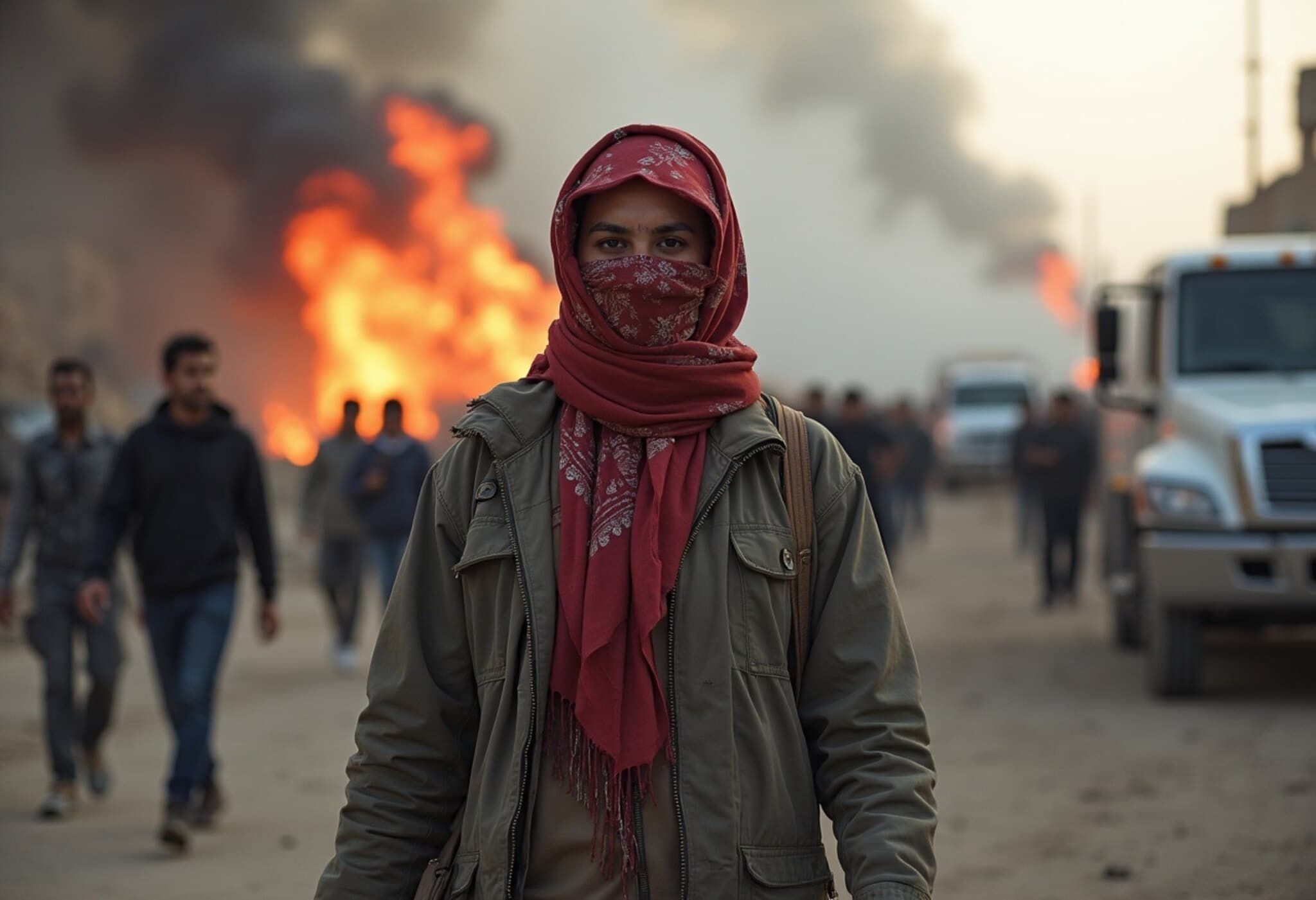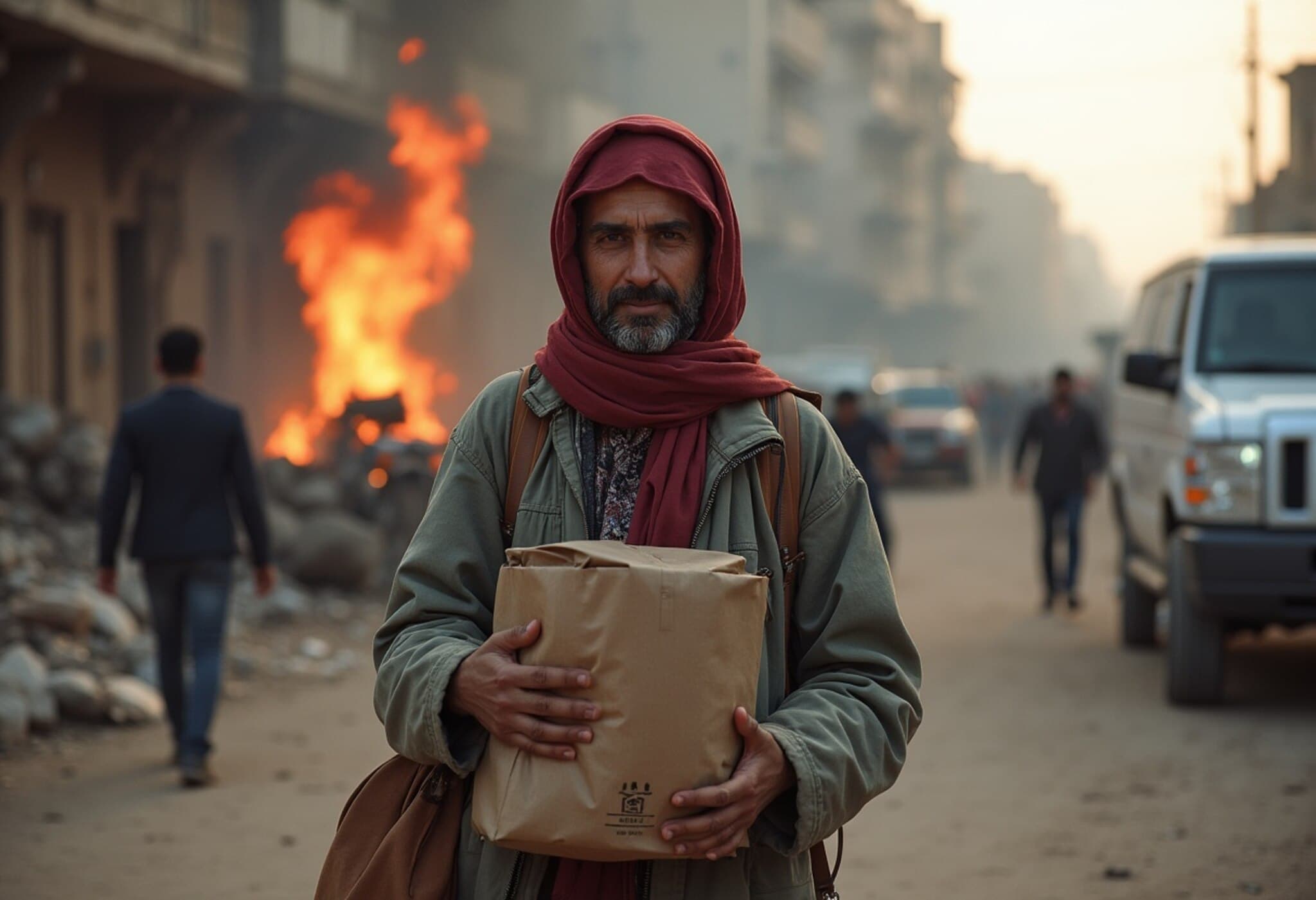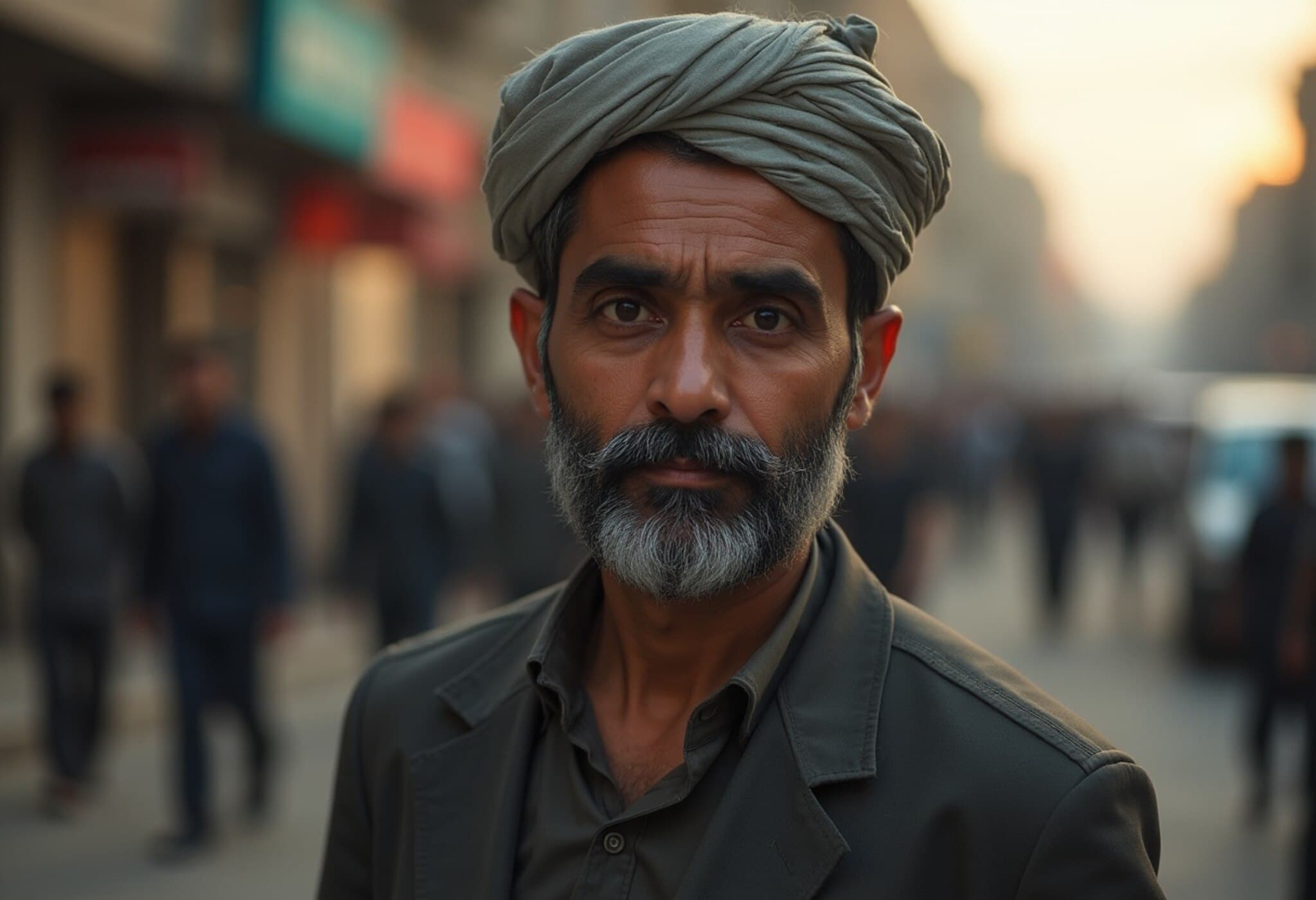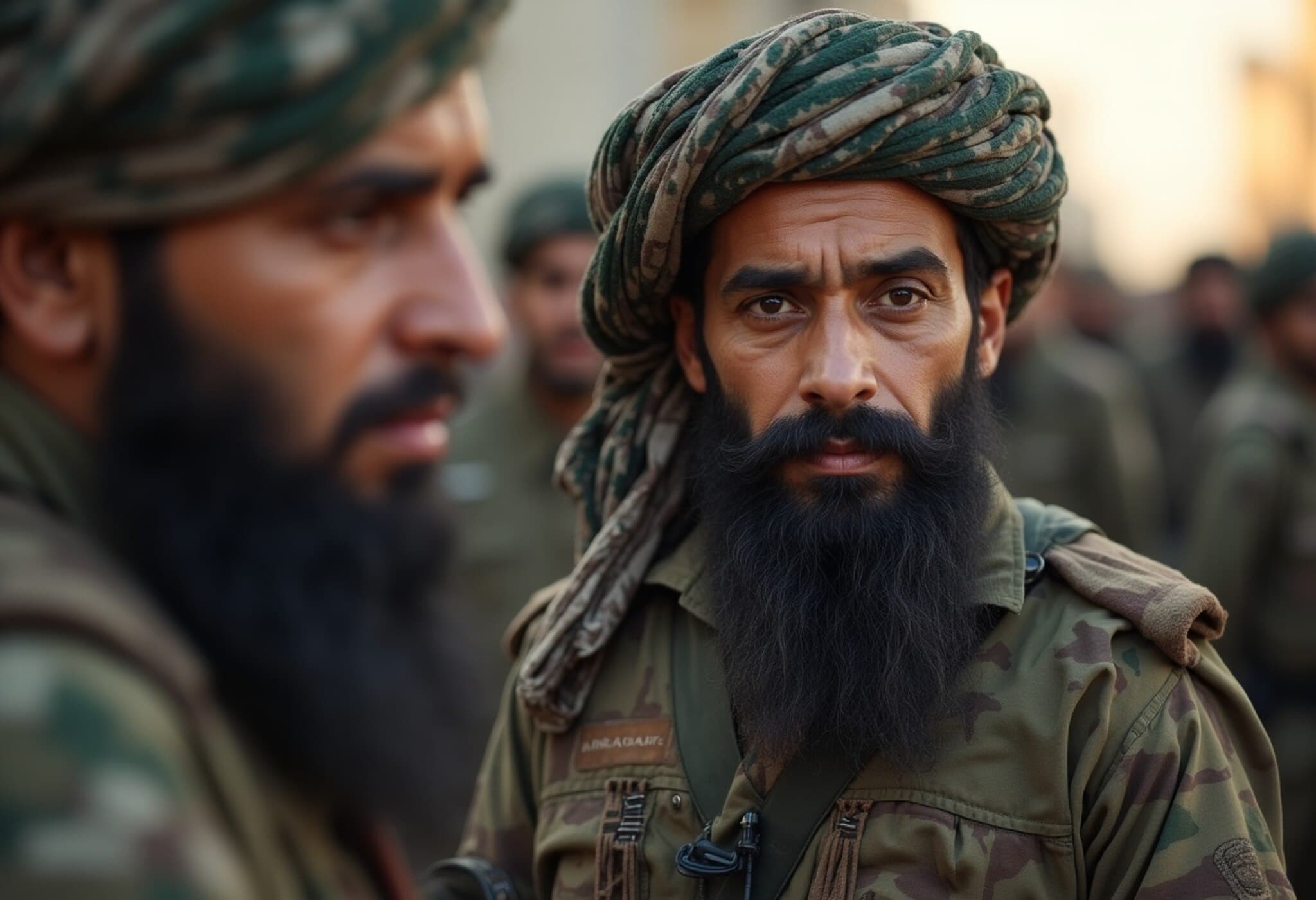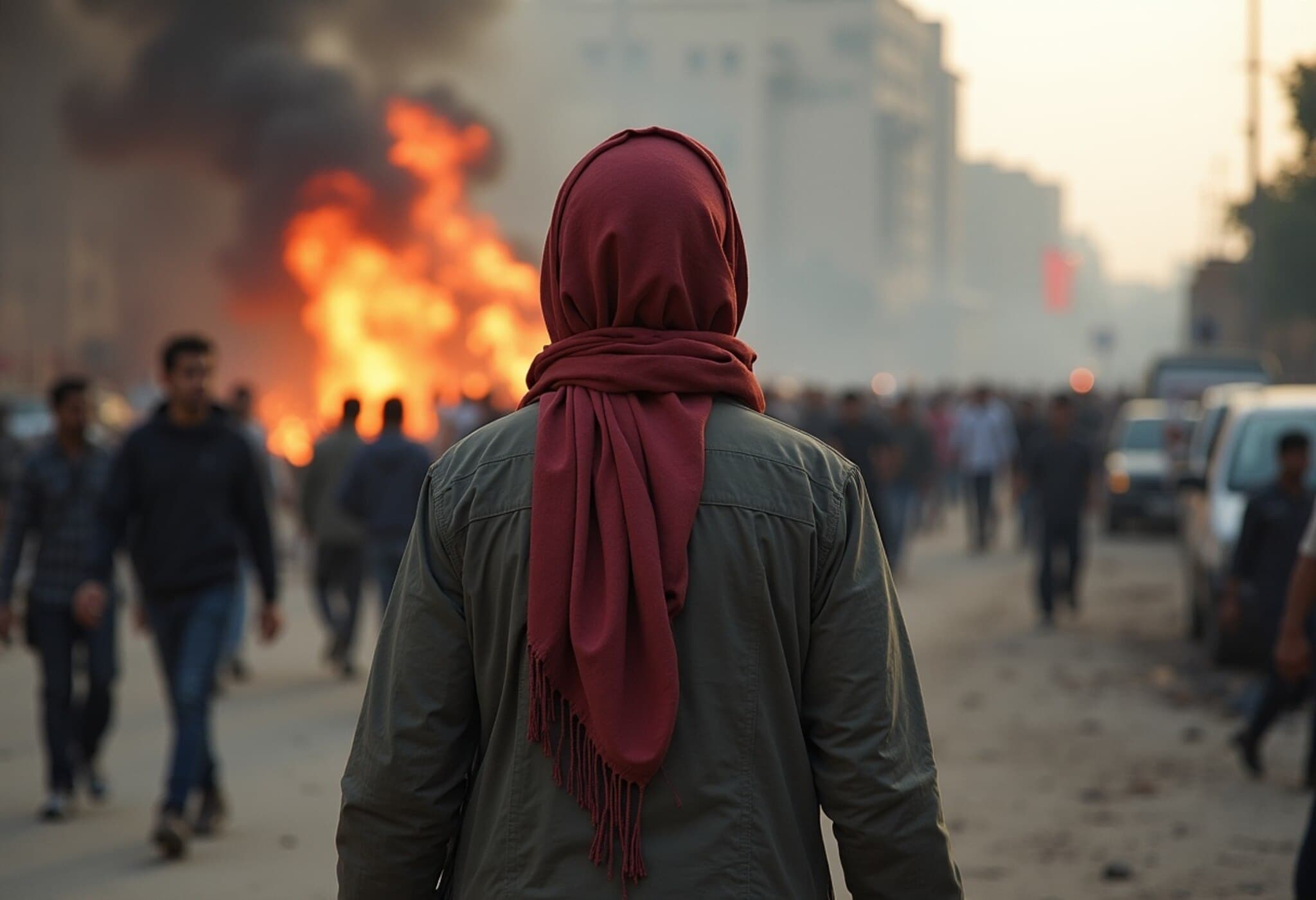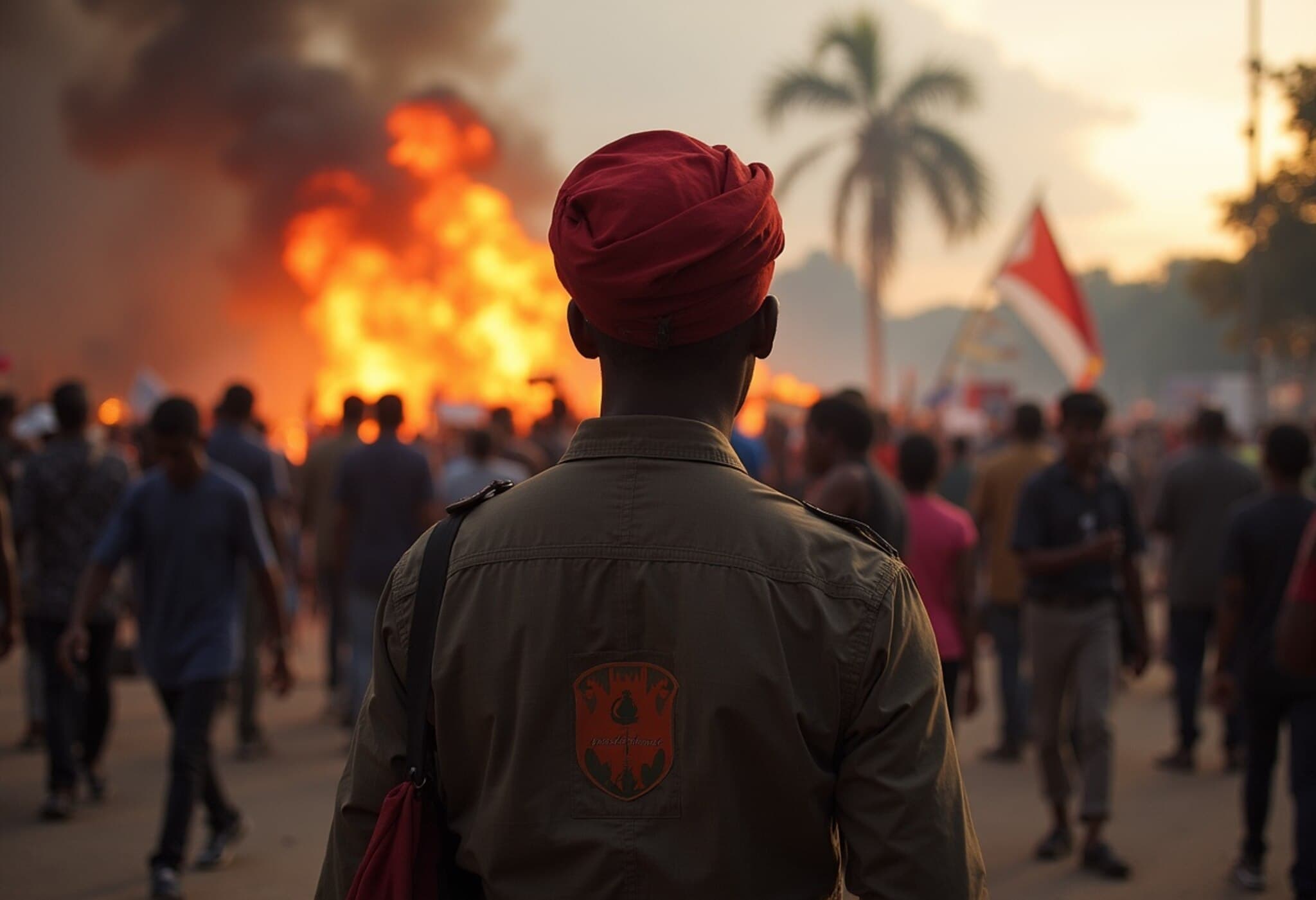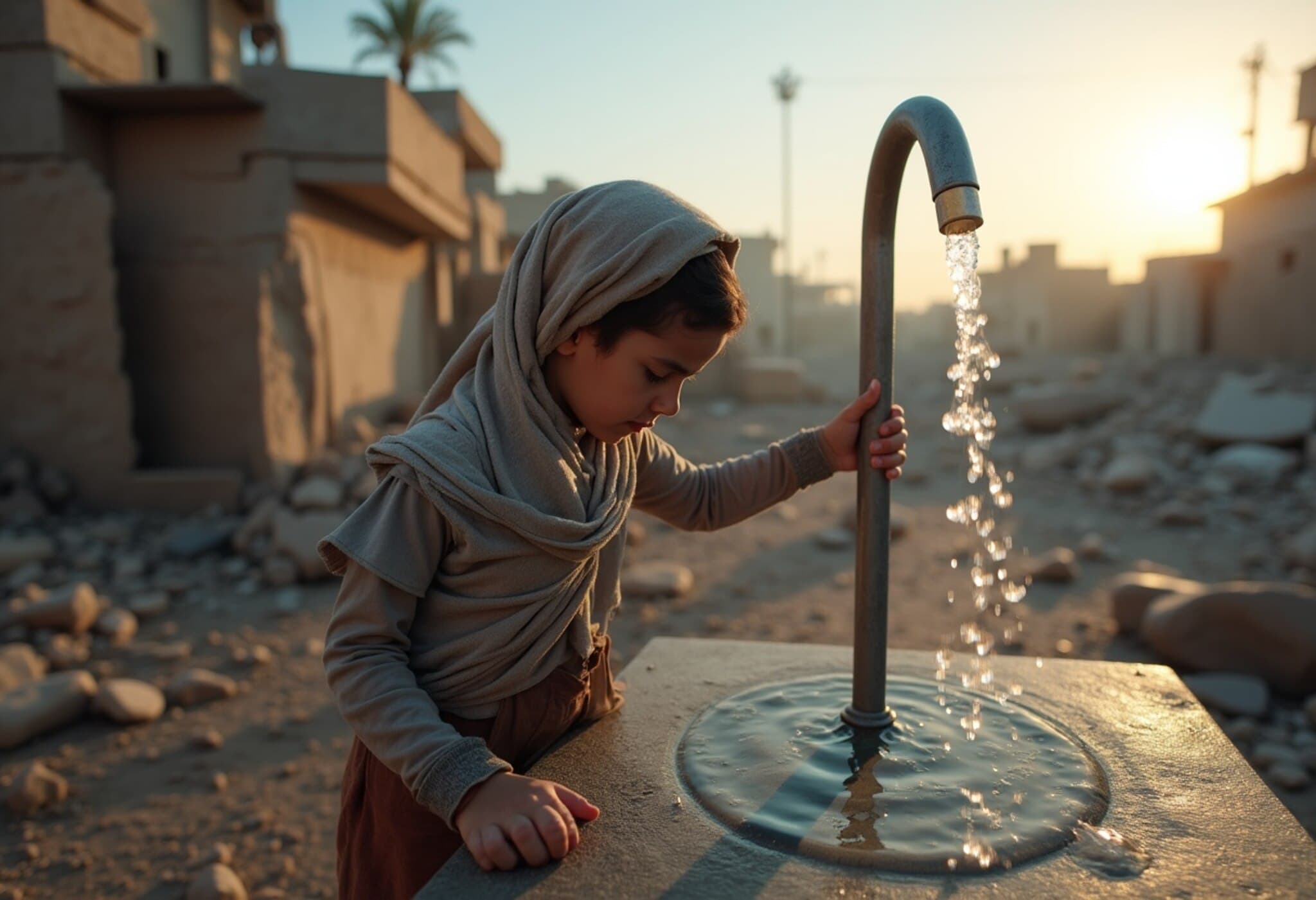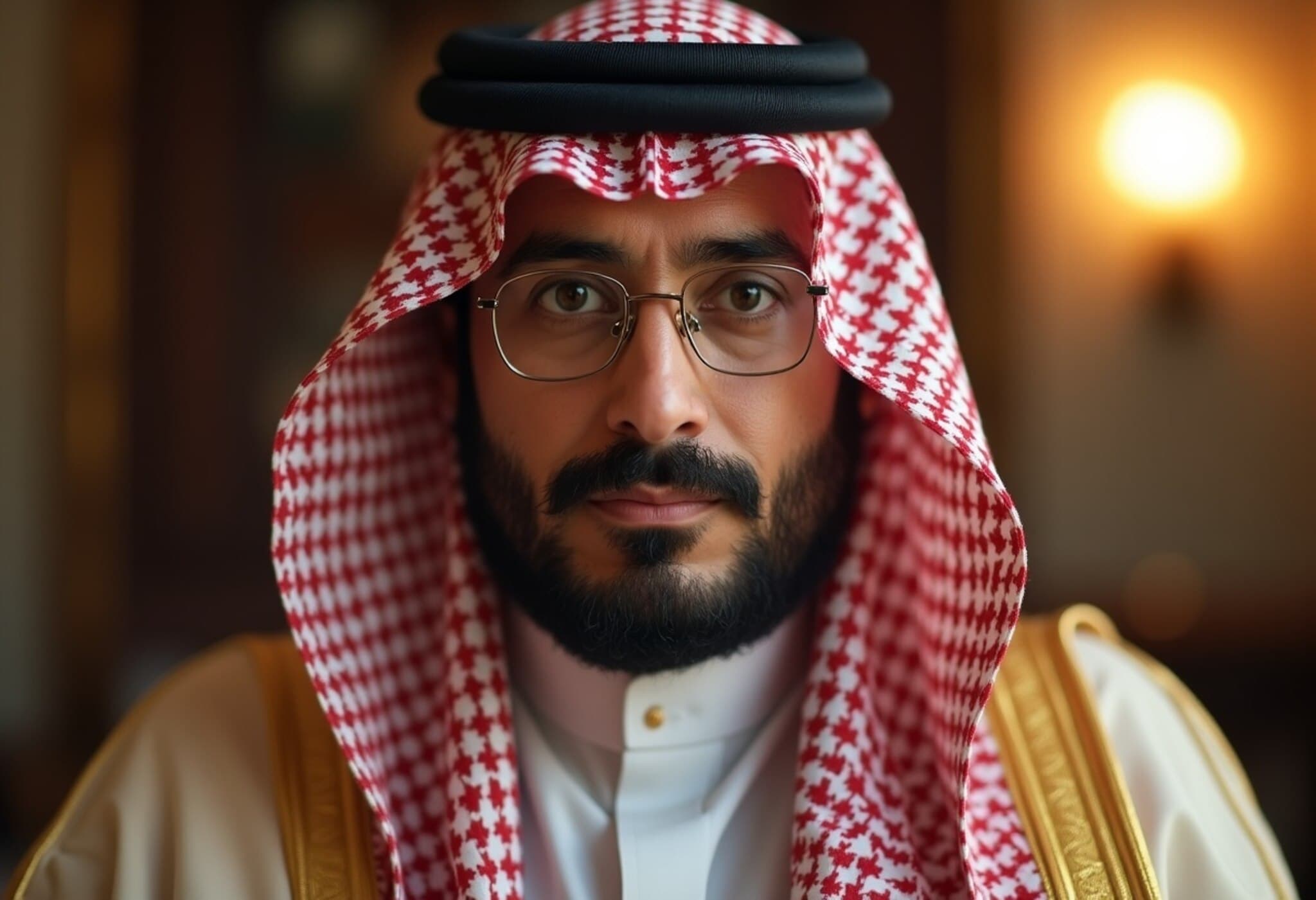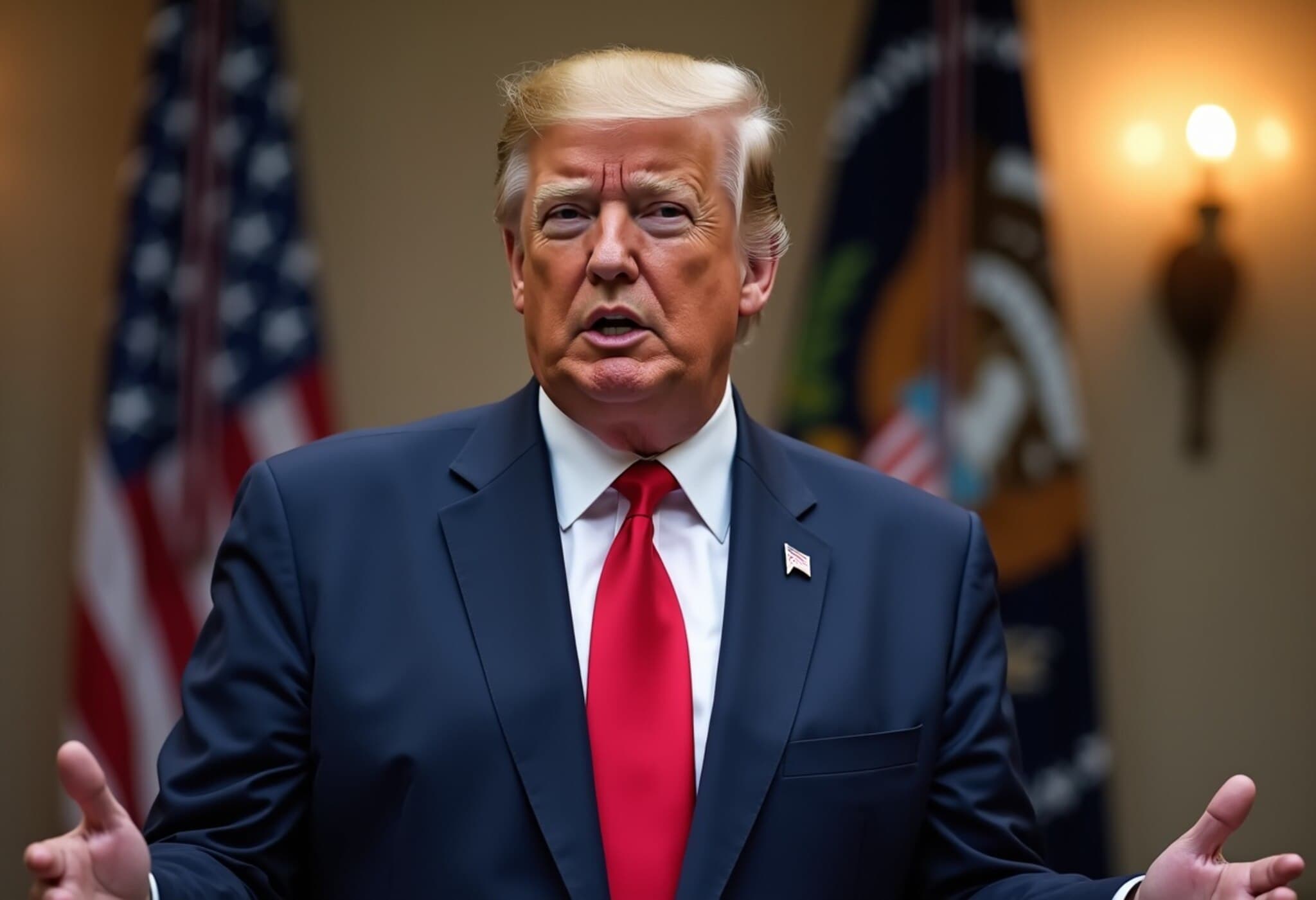Exploited and Executed: The Hidden Toll on Foreign Nationals in Saudi Arabia’s Death Penalty Crackdown
In recent years, Saudi Arabia has intensified its use of capital punishment for drug-related offenses, with a startling surge in executions that disproportionately affect foreign nationals. Behind statistics lies a troubling narrative of vulnerable migrant workers caught in a draconian justice system—often without fair trials or adequate legal support.
The Grim Reality for Migrant Workers
Take the harrowing case of seven Ethiopian men and one Somali migrant who, lured by the promise of work and a modest pay of just $267 (approx. Rs 23,000), now face execution on charges of drug trafficking. Their grim situation is emblematic of a broader trend uncovered by Amnesty International and reported by The Guardian: nearly 600 people have been executed in Saudi Arabia over the past decade for drug offenses, with approximately 75% being foreign nationals, including citizens from Pakistan, Nigeria, Yemen, Syria, and Egypt.
These individuals often come from disadvantaged backgrounds and accept perilous risks in pursuit of economic opportunity. However, exploited by traffickers or coerced into crimes, they encounter a legal system that Amnesty International describes as "grossly unfair" and shrouded in secrecy.
Execution Rates Surge Despite Temporary Halt
After a brief pause in executions between 2021 and 2022, Saudi Arabia has resumed and accelerated its use of the death penalty for drug crimes. In 2024 alone, 122 executions were recorded, with the count reaching 118 people by mid-2025. Concern remains high that these numbers will continue to climb absent vigorous international pressure and reform.
Dana Ahmed, a Middle East researcher at Amnesty International, emphasizes the social inequities at play: "These individuals are often from extremely marginalized communities. They're promised a small reward but end up losing their lives."
Systemic Injustice: Lack of Fair Trial and Legal Aid
The eight East African men, charged with possessing 153 kilograms of cannabis valued at around 3.8 million dollars, contend that they were deceived by traffickers during their job search. Severely disadvantaged by poor education, language barriers, and lack of access to interpreters or consular support, their chances of mounting an effective defense were slim.
Amnesty’s investigations reveal accounts of torture, forced confessions, and precipitous executions—some prisoners were informed less than 24 hours before their deaths. Families were left in the dark, denied the opportunity to appeal or bid farewell.
Kristine Beckerle, Amnesty’s Deputy Regional Director for the Middle East and North Africa, condemns the practice: "Executing individuals who neither understood their trials nor freely confessed contravenes international human rights norms. It’s not merely inhumane—it’s fundamentally unjust."
Broader Implications: Migrant Rights and International Diplomacy
Saudi Arabia enforces some of the world’s strictest drug laws, including capital punishment for non-violent offenses. Human rights advocates argue that these laws disproportionately impact migrant workers—the very people with the least ability to navigate legal complexities or challenge accusations.
Despite heightened global attention on Middle Eastern geopolitics and strong economic ties with Saudi Arabia, the urgency of addressing its human rights violations has waned on the international diplomatic stage. Amnesty International urges renewed focus and action: ignoring these abuses equates to tacit complicity.
Looking Ahead: Calls for Justice and Compassion
Every execution represents a life cut short—often under dubious circumstances that reject the principles of fair trial and due process. As Beckerle poignantly notes, "These deaths are not just statistics; they are human beings who might have been spared with justice, fairness, and empathy." The story prompts critical questions about the global community’s role in advocating for vulnerable populations caught in legal systems abroad.
Editor’s Note
This deeply unsettling pattern of executions in Saudi Arabia highlights systemic inequities at the crossroads of migration, justice, and human rights. It challenges policymakers and global citizens alike to reflect on the true cost of strict drug laws and the importance of due process. How can international diplomacy balance economic interests with moral responsibility? And what mechanisms can better protect the rights of migrants vulnerable to exploitation and judicial abuse? The answers remain urgent and yet unresolved.



